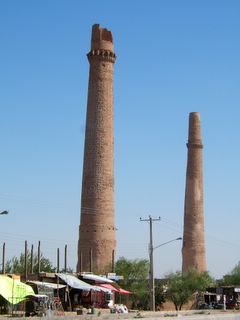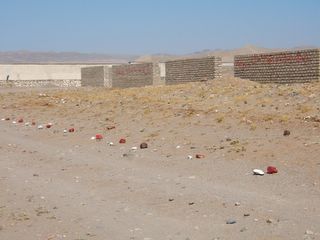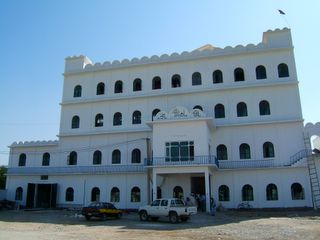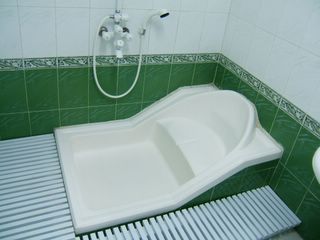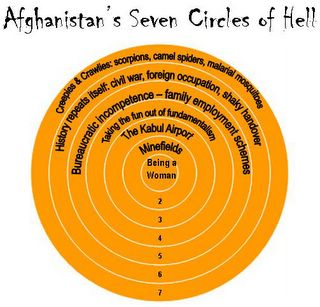By Wednesday night, we still didn’t know if Thursday would be a holiday or not. Friday was Afgan Independence Day (from the Brits), and since Friday was the weekend, Thursday would normally be an official day off. But the government couldn’t make a decision. Afghans do have calendars here (granted, the year is 1384), so a decision could have been made in advance. But what would be the point?
Finally, late Wednesday night I called our office manager and told him I’d be working from home on Thursday and not to send a car. The next morning, the government announced that it would be a work day. I wasn’t budging. I had a computer, Internet access, a cell phone. Work got done.
Along with the Internet connection came various dire e-mail warnings from the UN that since it was a public holiday with outdoor festivities, the natives might be restless. We should all stay in. Since the UN says this on every public holiday and the only thing I miss out on is good-natured Afghans having fun, I ignored this warning as well and went out, first to a chic boutique that makes Afghan-inspired clothing exported for sale to wealthy New Yorkers. The clothes were ill-made, over-priced, and nothing fit.
Afterwards, I abandoned my friends and went for a walk, alone, down nearby Flower Street for some DVDs. The streets were quiet, almost deserted, even the beggars having taken the day off. The ubiquitous shoeshine boys were out in force, however, and they descended upon me like a cloud of whining gnats.
“Lady, shoeshine? Lady, you promised last time that you would have a shoeshine.”
I never made that promise, because only Afghans bother with the ritual of a daily shoe-shine here. There’s just no point. In fifteen minutes, my shoes are just as dust-coated as they were before the shine.
One particularly persistent boy refused to be shaken off. He lounged in the doorway of a shop as I stopped to buy cookies.
“Lady, I’m hungry. Lady, I need work. Shoeshine lady?”
Finally, with change in hand, I gave him 20 Afs (about 50 cents) just to go away.
But he didn’t. He wasn’t a beggar, and even at his young age (ten? twelve?) he had a work ethic and pride. So he decided I’d paid him to escort me home, and for the first time, I really looked at him, at his dingy graying kaftan, his small hands darkened by shoeshine oil, his thin arms.
“Where are you from?” he asked me.
“America. Where are you from?” I teased.
We passed a parked 4x4 filled with wealthy, moon-faced Afghan women. “Where are you from?” they shrieked at me, giggling, mocking. “America! America!”
I was so surprised by their brashness, by their wealth that I automatically smiled and waved at them. Were they daughters of corrupt politicians? Of druglords?
“I’m from Afghanistan,” the boy said, ignoring the young women, who clutched at each other with laughter as we passed. “America is a good place.”
“Afghanistan is a good place too,” I lied, in my heart feeling nothing was further from the truth. But the boy had ceased to be a pest and had become a person, and now I did not wish to offend him.
Two men approached us – security consultants from my guesthouse, Kiwis. One of them looked askance at the boy. “Everything alright?” he asked me.
“I’m good, thanks,” I said, and the boy and I continued on, he coming not much higher than my elbow.
“What’s your name?” I asked him.
“Asef. What is yours?”
I told him and we solemnly shook hands, declaring ourselves pleased to have met each other.
He escorted me all the way to my guesthouse, scowling at a boy on a rusty bicycle who circled us, curious, as we said goodbye to each other.
The guesthouse chakidar (literally translated as “chair sitter”, a chakidar can be anything from a doorman to a handyman) laughed. “You have a new bodyguard!”

